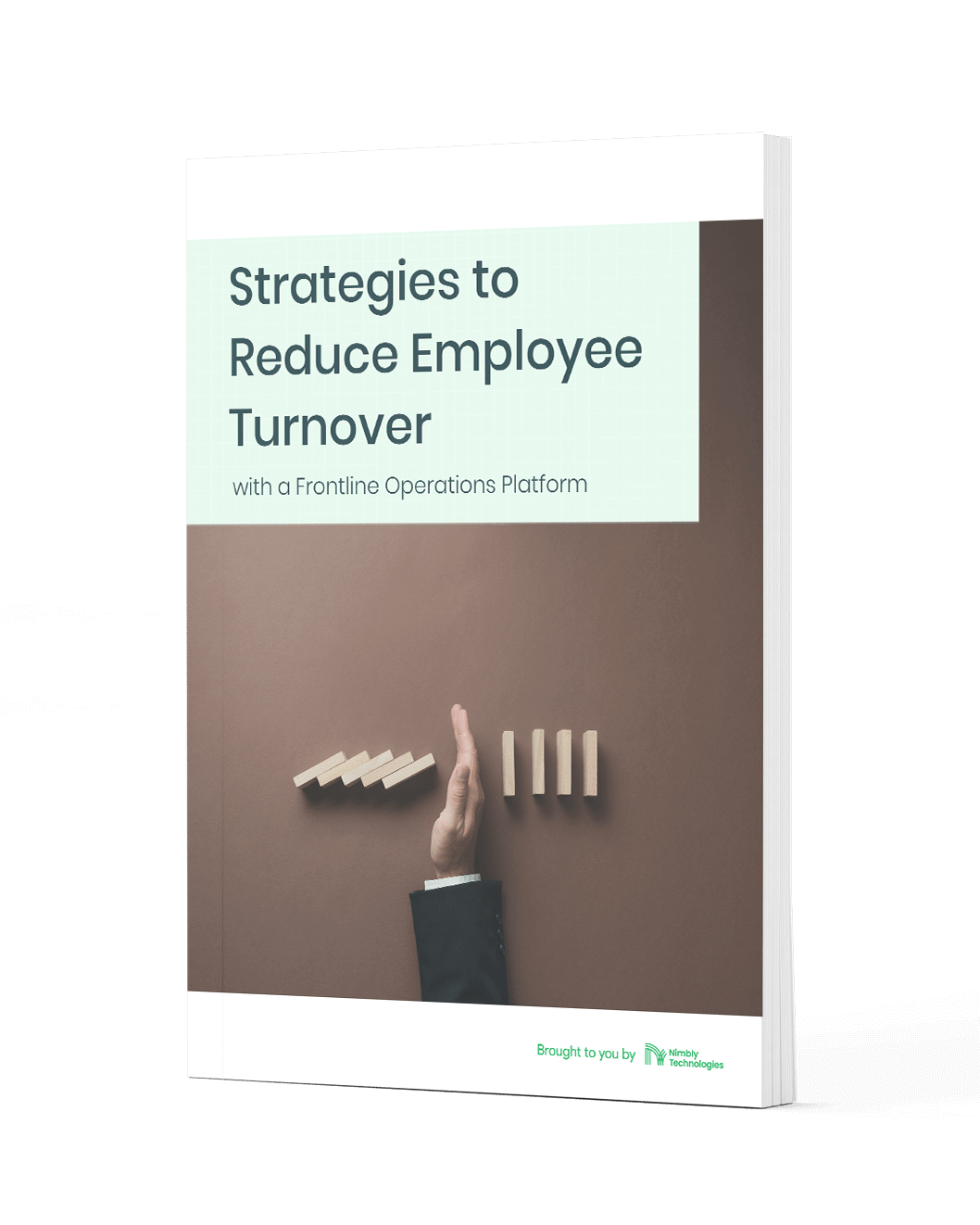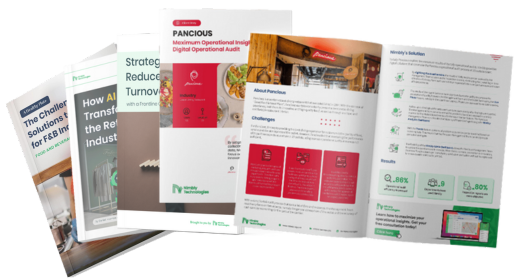

If you can handle it appropriately, decentralization can be a powerful endeavor. One of the keys to decentralized decision-making is by empowering employees. The purpose is to establish autonomy at the time you are making any business decision. Still, in addition to advantages, it may also pose some challenges to both leadership teams and employees. Let's take a look at what they are, the keys to success, and how to implement decentralized decision-making effectively.
We can define decentralized decision-making as one of the ways to empower employees. It grants autonomy to employees so that they can make more operational and strategic decisions. In other words, they make those decisions on their own or with no so-called managerial meddling or hand-holding.
One of the best examples of decentralized decision-making is what Lou Gerstner of IBM did when he became the CEO in 1993. Many advised him to break the company into smaller ones to recover their lost speed and flexibility. However, Gerstner did otherwise by keeping the organizational structure as it was but with a significant loosen-up. He implemented decentralization without having to harm the IBM brand.
According to Jeff Hicks, a member of the Forbes Development Council, there are four keys to the success of decentralized decision-making efforts.
As mentioned earlier, the four keys to decentralized decision-making have become the operational steps to implement it effectively.
#1 – Knowledge acquirement and retention
It means training more. It's not only about collecting massive amounts of information but also understanding the data. Moreover, it's about understanding the organization's ethos and values so it won't lose identity even if decentralization is applied.
#2 – Create efficiencies all over the organization or company
Inefficiency or disorganization tends to hinder productivity, harm profitability, or even trigger negative attitudes.
Furthermore, operational efficiencies help your business or company be agile and responsive, as well as prevent the company's growth from becoming burdensome.
#3 – Increase core competency activities recurrently and persistently
Continually convert your essential efficient time into activities that improve the productivity of core functions your company relies on.
#4 – Develop and nurture the team
It focuses on ongoing personnel development.

So, what are the reasons for implementing decentralized decision-making? What are their advantages? Look at the following.
On the contrary, some drawbacks of decentralized decision-making are:
Today's requirements to stay lean and fast for retail businesses call for the automation of repetitive tasks and the removal of non-value-added efforts. By doing so, the employees can concentrate more on strategic decision-making and customer service.
One of the best solutions is by automating time-consuming yet essential tasks, namely by using mobile forms. Nimbly Technologies help employees to report or communicate concerns and challenges in real time. It is a centralized platform that is helpful for decentralized decision-making.
This mobile app allows managers to automate tasks and set up repeated tasks for a variety of store audits and incident reports. They can track the tasks assigned to completion and even retract historical trends helpful for retailers to understand their operational consistency.
Decentralized decision-making may help improve your organization's ethos and operational or brand identity. However, it may obfuscate if you mishandle it. How to succeed? A perfect balance between distributing autonomy and preserving all unique things about your business unique, not to mention operations automation in mobile forms.
